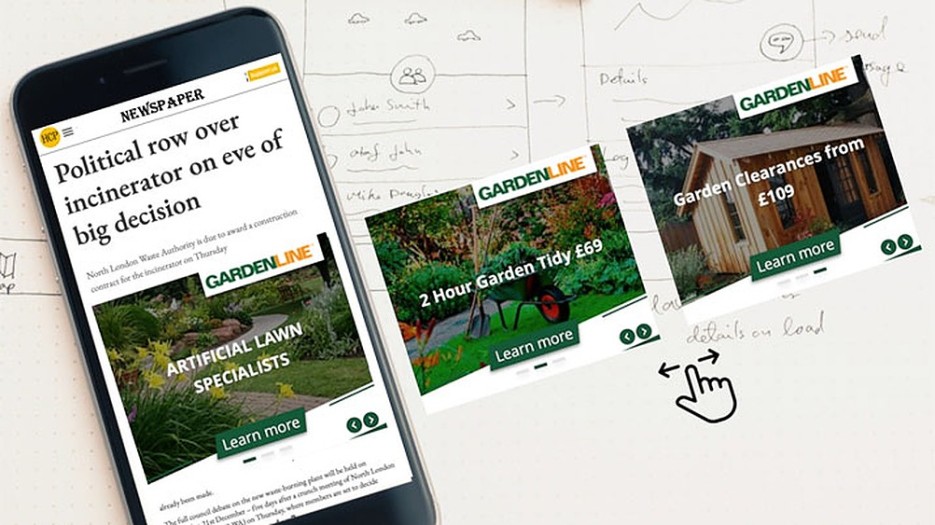
As the UK economy shows signs of cooling and the job market becomes more competitive, those crucial soft skills are now even more important. Beyond just technical capabilities, honing vital “soft skills” with professional development maximises professional opportunities and elevates workplace success. Interpersonal capabilities like communication, self-awareness and adaptability open more doors than task expertise alone. Prioritising continuous self-improvement across critical soft competencies makes professionals well-rounded and leadership-ready.
Whether targeting promotions or more senior authority roles, in our latest business guide, we outline the human-centred talents proving most pivotal in today’s interconnected economy:
Time Management & Prioritisation
Juggling heavy workloads and stretching focus thin leads managers towards burnout, not promotions. But those able to compartmentalise hours effectively through priorities alignment and delegation withdrawal can keep moving forward.
Categorise daily to-do lists by urgency and importance quadrants, ensuring sufficient focus on critically integral projects first. Schedule workflows to avoid production lags while assigning more basic tasks to assistants. Say no to scope creep to make sure that you don’t push yourself too hard. The art of workload balancing keeps you at peak productivity allowing you to move ahead.
Persuasive Communication Abilities
Strong communicators progress faster by pitching ideas compellingly, liaising confidently across teams and presenting deliverables convincingly. Communication mastery doesn’t just convey information accurately, but persuasively steers perceptions and decisions.
Practice succinctly summing up complex subject matters when you are collaborating with other departments. Structure messages logically to lead stakeholders towards the outcomes you have in mind. Choose words that promote ideas or results through inspiring verbal framing. Even emails and instant messages are opportunities to hone motivational communication capable of influencing organisational directions.
Confident Public Speaking Skills
Polished public speaking bolsters the speaker as an authority on the subject while enabling impactful meetings and facilitating alignment. From large-scale presentations to informal team huddles, it’s important to speak with confidence sharing ideas, sparking discussions and reporting updates.
Prepare meticulously planning remarks beforehand rather than impromptu delivery. Memorise key points through rehearsal for seamless integration alongside slide visuals. You can keep your nerves at bay by focusing your attention on content flow rather than anxiety. Review recordings to identify strengths and areas needing refinement through continual practice. Over time, composure facing groups becomes second nature.
If you’d like to learn more about delivering confident presentations, you may want to explore companies such as Impact Factory. Their training courses are tailored to your needs and offer professional development for career advancement.
Emotional Intelligence
Emotionally intelligent professionals empathise, motivate and support colleagues through any challenges. Emotional intelligence means recognising non-verbal cues hinting at issues early and then addressing them sensitively. Leaders with high EQ navigate workplace conflicts and stressors through positive psychology, nurturing productivity in the face of all hurdles.
Observe mental health signals like withdrawn behaviours or irritability in team members. Ask thoughtful questions in private about any changes that you’ve noticed while offering helpful resources. Foster supportive spaces allowing candid discussions around developing resilience. Emotionally intelligent work cultures experience less friction enabling smoother operations.
Conflict Resolution
All workplaces experience disagreements at times. However, leaders who are working on their soft skills can mitigate internal rifts through impartial mediation, and identifying mutually agreeable solutions. Rather than aggravating tensions by taking sides, use empathy, active listening and questioning to unpack true underlying causes respectfully first.
Diffuse rising confrontations through calm verbal and non-verbal behaviours. Restate each perspective to demonstrate understanding before realigning priorities towards shared goals. Acknowledge valid points on both sides then reinforce compromise to keep relationships stable.




